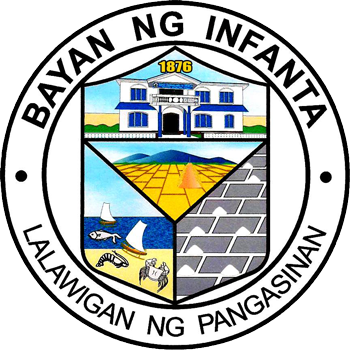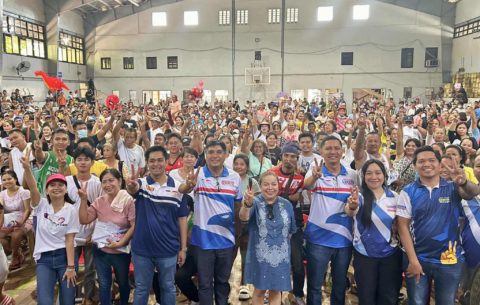The town of Infanta, Pangasinan, formerly a barangay called San Juan, named after its Patron Saint, was organized into a municipality on October 4, 1876, under the stewardship of Don Juan Miano and Don Juan Merindo. The newly formed municipality was named San Felipe. Due to constant raids by criminals called ‘tulisanes”, the municipality was moved west of its original site. The town was named Infanta to honor the then “Infanta queen Isabela” of the Spanish Empire.
Originally part of the municipality of Santa Cruz, Zambales, Infanta, upon enactment of Public Act No. 1004 dated November 30, 1903, of the Philippine Commission, the northern part of Zambales including Infanta was annexed to the Province of Pangasinan.
Infanta belongs to the first congressional district. It has a land area of 25,429 hectares and a population of 26,262 according to the 2020 census. The town is 95 kilometers from the capital town of Lingayen.
Salt making is a massive industry in Infanta where the town’s salt farms are also visited by tourists who are curious to learn the art of salt-making. Agricultural and livestock production is a major industry in Infanta harvesting an average of 12,000 metric tons of palay annually and a considerable number of cattle, swine, and poultry farms operating in the area.
Officials
Mayor
Marvin Martinez
Vice Mayor
Virgilio Vallarta
Councilors
Nancy Millora
Charlito Maniago
Luis Madarang
Randy Gabuyo
Jerome Melanio
Josephine Mores
Jesse Beltran
Michelle Callanta























